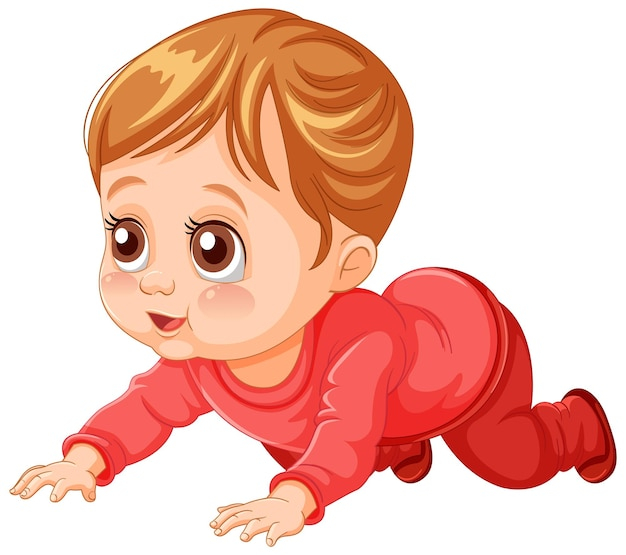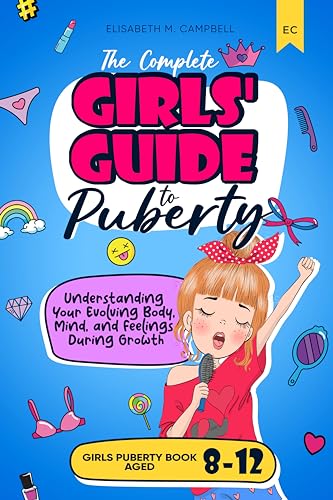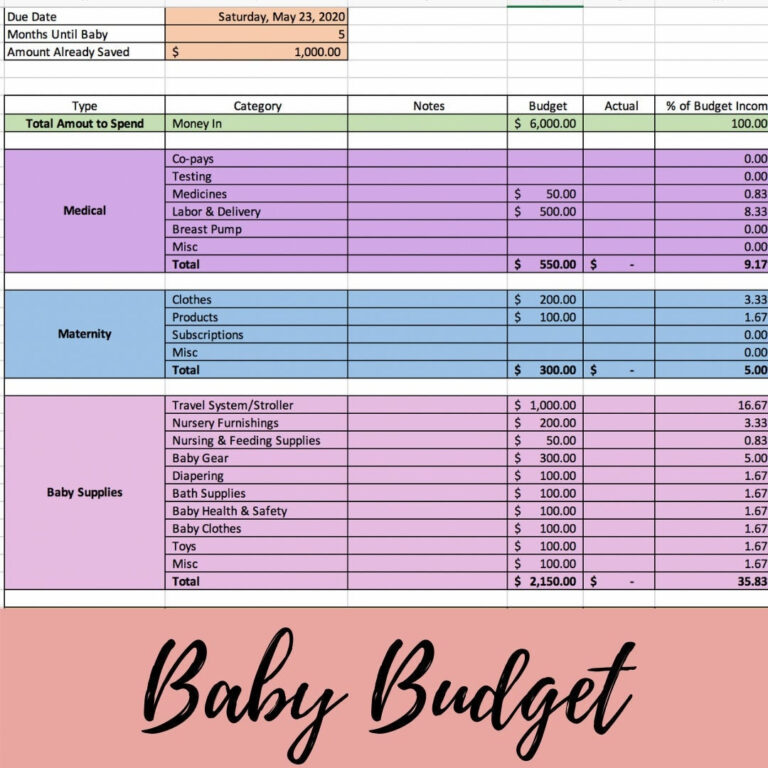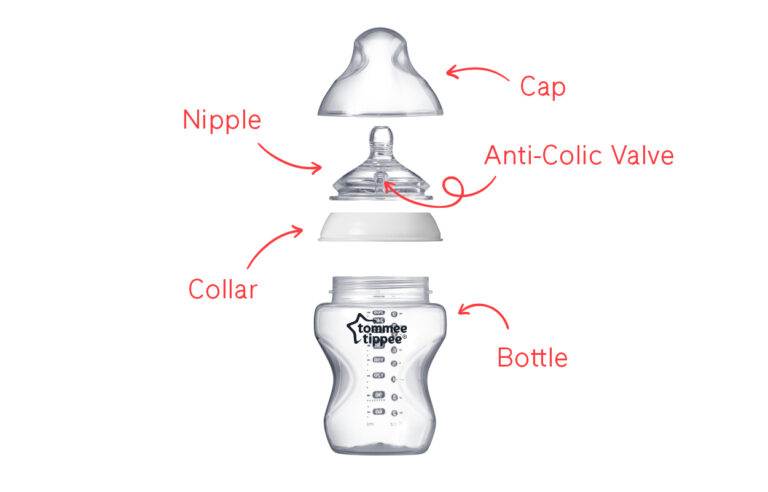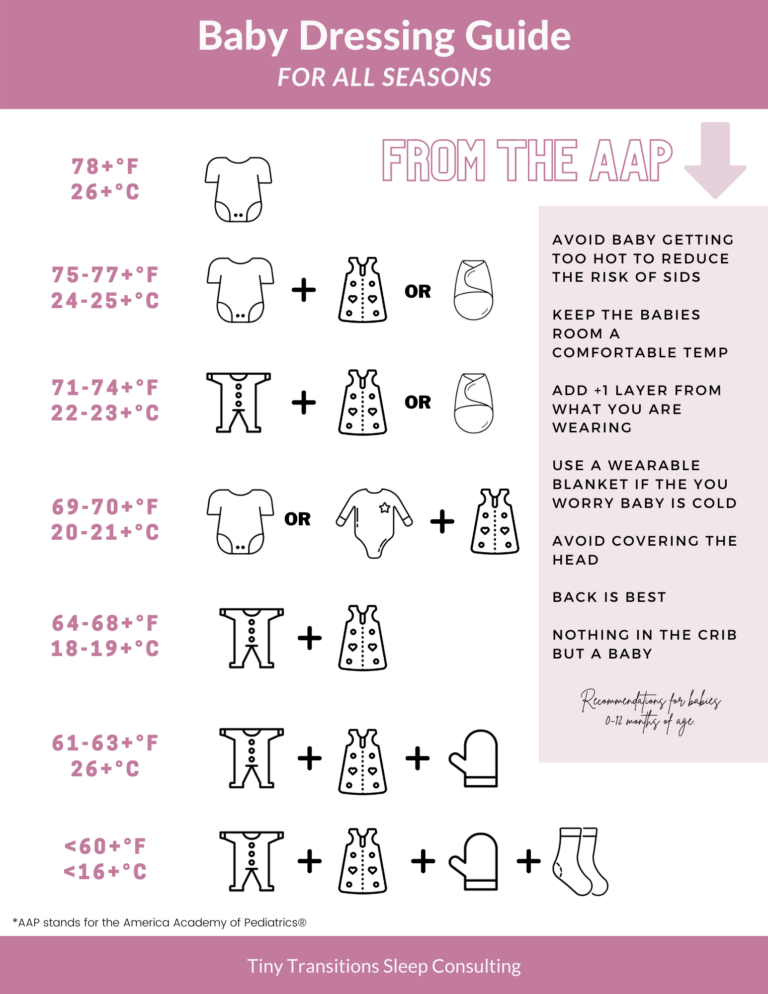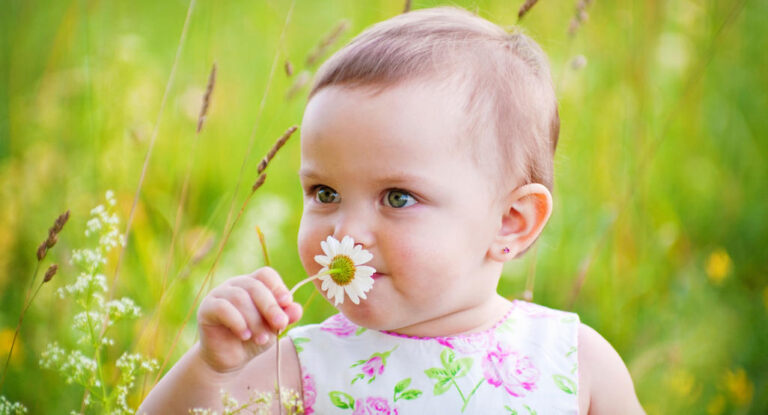What Do Kids Learn In Kindergarten: A Comprehensive Guide
Kindergarten is a crucial stage in a child’s educational journey, laying the foundation for future academic and personal success. It’s a time of immense growth and development, where young minds embark on an exciting adventure of learning and discovery. This article provides a comprehensive overview of what kids learn in kindergarten, encompassing cognitive, social, emotional, language, literacy, math, science, physical, and creative domains.
Through a blend of play-based learning, hands-on activities, and social interactions, kindergarteners develop essential skills that prepare them for the challenges and opportunities that lie ahead. Let’s delve into the specifics of what children learn in each of these areas, exploring the activities that foster their growth and development.
Cognitive Development
Kindergarten provides a stimulating environment that nurtures the cognitive development of young minds. Play-based learning and hands-on activities encourage problem-solving, critical thinking, and decision-making skills.
Problem-Solving
Children engage in activities that require them to find solutions, such as puzzles, building blocks, and imaginative play. These challenges develop their ability to identify problems, generate ideas, and test different approaches.
Critical Thinking
Through discussions, questions, and observations, children learn to analyze information, make connections, and form their own opinions. They develop the ability to evaluate evidence, consider different perspectives, and draw conclusions.
Decision-Making
Kindergarteners face numerous opportunities to make choices throughout the day. From selecting activities to solving conflicts, they learn to weigh options, consider consequences, and make informed decisions.
Social and Emotional Development
/GettyImages_78519328-56a13d8b5f9b58b7d0bd54c1.jpg?w=700)
Kindergarten is a crucial stage for children’s social and emotional development. They learn valuable skills that lay the foundation for their future interactions and well-being.
Cooperation
Children learn to work together in kindergarten, sharing toys, helping each other with tasks, and taking turns. This fosters a sense of teamwork and cooperation, which is essential for success in later life.
Empathy
Kindergarteners develop empathy, the ability to understand and share the feelings of others. They learn to recognize and respond to the emotions of their peers, building a foundation for compassionate and caring relationships.
Self-Regulation
Self-regulation is a critical skill that children learn in kindergarten. They develop the ability to control their impulses, manage their emotions, and solve problems independently. This self-control helps them navigate social situations and achieve academic success.
Social Interactions
Social interactions are essential for emotional growth. In kindergarten, children have the opportunity to interact with a diverse group of peers, building friendships and learning to resolve conflicts peacefully.
Peer Relationships
Peer relationships play a vital role in social and emotional development. Children learn from each other, share experiences, and develop a sense of belonging. Positive peer relationships can boost self-esteem, provide support, and promote social skills.
Activities
Many activities in kindergarten are designed to promote social and emotional development, such as:
- Role-playing games
- Collaborative projects
- Group discussions
- Storytelling
- Emotional check-ins
Language and Literacy
Kindergarten lays the foundation for reading and writing by fostering essential language and literacy skills. It promotes phonemic awareness, vocabulary expansion, and print concept understanding.
Phonemic Awareness
Phonemic awareness refers to the ability to identify and manipulate individual sounds in words. Kindergarten activities like rhyming games, sound blending, and letter recognition exercises enhance this skill.
Vocabulary Development
Kindergarten enriches children’s vocabulary through storytelling, read-alouds, and interactive discussions. It introduces new words, explores their meanings, and encourages active use in conversations.
Print Concepts
Kindergarten familiarizes children with the conventions of print, such as the directionality of reading, the purpose of books, and the relationship between letters and sounds. Activities like letter tracing, book handling, and storytelling foster print awareness.
Math and Science
In kindergarten, little ones embark on a fascinating journey of discovery, exploring the wonders of math and science. These subjects lay the foundation for their future academic endeavors, equipping them with essential skills and knowledge.
Math
Kindergarteners delve into the realm of numbers, learning to count, recognize patterns, and solve simple addition and subtraction problems. They measure objects using non-standard units like blocks or straws, fostering an understanding of length, weight, and capacity. Shapes like circles, squares, and triangles become familiar as they explore geometry, recognizing these forms in their surroundings.
Science
The world of science unfolds before kindergarteners’ eager eyes. They delve into the life cycles of plants and animals, observing the transformation of a caterpillar into a butterfly or the growth of a bean seed into a thriving plant. Weather patterns captivate their attention as they learn about the sun, rain, and wind. The importance of the environment is emphasized, instilling a sense of responsibility and care for the planet.
Physical Development
Physical activity is essential for kindergarteners’ overall development. It helps them develop their gross and fine motor skills, which are necessary for everyday tasks like walking, running, and writing. Physical activity also helps kindergarteners develop their balance, coordination, and flexibility.
- Gross motor skills are large movements that use the whole body, such as running, jumping, and climbing.
- Fine motor skills are smaller movements that use the hands and fingers, such as writing, cutting, and pasting.
There are many different ways to promote physical development in kindergarten. Some examples include:
- Outdoor play: Outdoor play is a great way for kindergarteners to get physical activity and develop their gross motor skills.
- Indoor play: Indoor play can also be a good way for kindergarteners to get physical activity, especially if they have limited access to outdoor space.
- Physical education: Physical education classes are a great way for kindergarteners to learn about different types of physical activity and develop their skills.
Arts and Creativity
In kindergarten, art and creativity play a pivotal role in nurturing children’s development. Through various art activities, kids unleash their imaginations, express themselves freely, and develop essential problem-solving skills.
Imagination and Self-Expression
Art provides a canvas for children to explore their boundless imaginations. They can create unique worlds, characters, and stories, fostering their creativity and self-expression. By experimenting with different colors, shapes, and textures, they develop a sense of aesthetics and appreciate the beauty in the world around them.
Problem-Solving and Critical Thinking
Art activities also encourage problem-solving and critical thinking. Children learn to observe their surroundings, identify patterns, and make decisions. They experiment with different materials and techniques to find solutions to creative challenges, developing their cognitive abilities and resilience.
Examples of Art Activities
Kindergarteners engage in a wide range of art activities that foster creativity:
– Painting with brushes, sponges, and their fingers
– Drawing with crayons, pencils, and markers
– Sculpting with clay and playdough
– Cutting and pasting to create collages
– Building with blocks and other construction materials
Common Queries
How do kids learn in kindergarten?
Kindergarteners learn through a variety of methods, including play-based learning, hands-on activities, social interactions, and direct instruction. Play is a particularly important part of kindergarten, as it allows children to explore, experiment, and develop their imaginations while learning important skills.
What are the most important things that kids learn in kindergarten?
The most important things that kids learn in kindergarten are the foundational skills they need to succeed in school and life, such as cognitive skills (problem-solving, critical thinking, decision-making), social and emotional skills (cooperation, empathy, self-regulation), language and literacy skills (phonemic awareness, vocabulary, print concepts), math and science skills (counting, measurement, geometry, life cycles, weather, environment), and physical skills (gross and fine motor skills).
How can I help my child get ready for kindergarten?
There are many things you can do to help your child get ready for kindergarten, such as reading to them regularly, playing games that develop their cognitive skills, and encouraging them to socialize with other children. You can also talk to your child’s pediatrician about any specific concerns you have.
